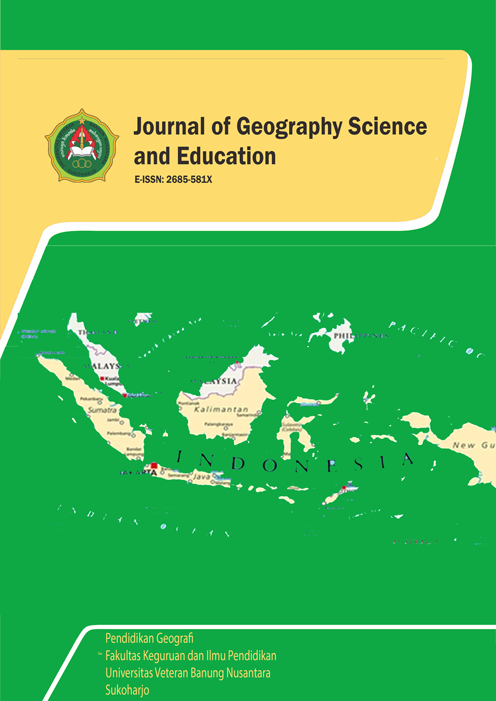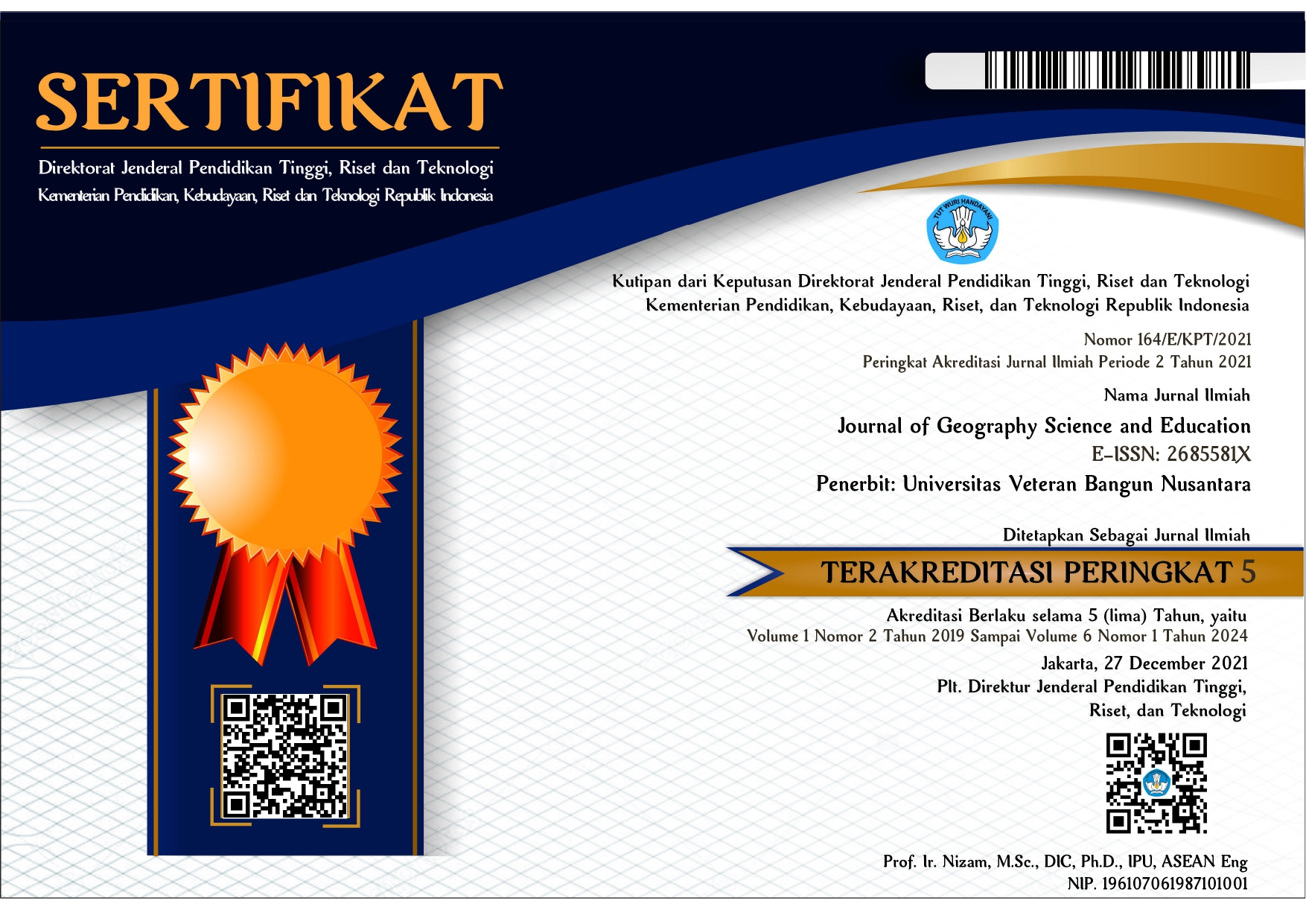Empowerment of the Tourism Sector fot the Economic and Welfare System in Wonodadi Village, Pracimantoro District, Wonogiri Regency
DOI:
https://doi.org/10.32585/jgse.v5i1.2321Keywords:
Tourism Sector, Economic System, Welfare in the VillageAbstract
The empowerment of the tourism sector for the economic and welfare system in Wonodadi Village here requires the role of the local community in its development. Here it can be done through the stages of planning, implementation, and supervision. This study aims to determine the involvement of local communities in empowering tourist villages and this development can have a positive impact on the local community's economic system in Wonodadi Village, including: in the form of increased income for the surrounding community, increased employment and business opportunities for local communities, and increased government revenue through tourist fees. The less dominant role of the government can be utilized by the surrounding community in the development of tourist villages and can increase space for the community to participate. This data collection was carried out using in-depth interviews and questionnaires which were filled in directly by local residents. The analytical method used is SWOT analysis (Strengths, Weaknesses, Opportunities, and Threats).
Downloads
Downloads
Additional Files
Published
How to Cite
Issue
Section
License
Authors who publish with the Journal of Geography Science and Education agree to the following terms:
- Authors retain copyright and grant the journal the right of first publication with the work simultaneously licensed under a Creative Commons Attribution License (CC BY-SA 4.0) that allows others to share the work with an acknowledgment of the work's authorship and initial publication in this journal.
- Authors are able to enter into separate, additional contractual arrangements for the non-exclusive distribution of the journal's published version of the work (e.g., post it to an institutional repository or publish it in a book), with an acknowledgment of its initial publication in this journal.
- Authors are permitted and encouraged to post their work online (e.g., in institutional repositories or on their website) prior to and during the submission process, as it can lead to productive exchanges, as well as earlier and greater citation of published work.






